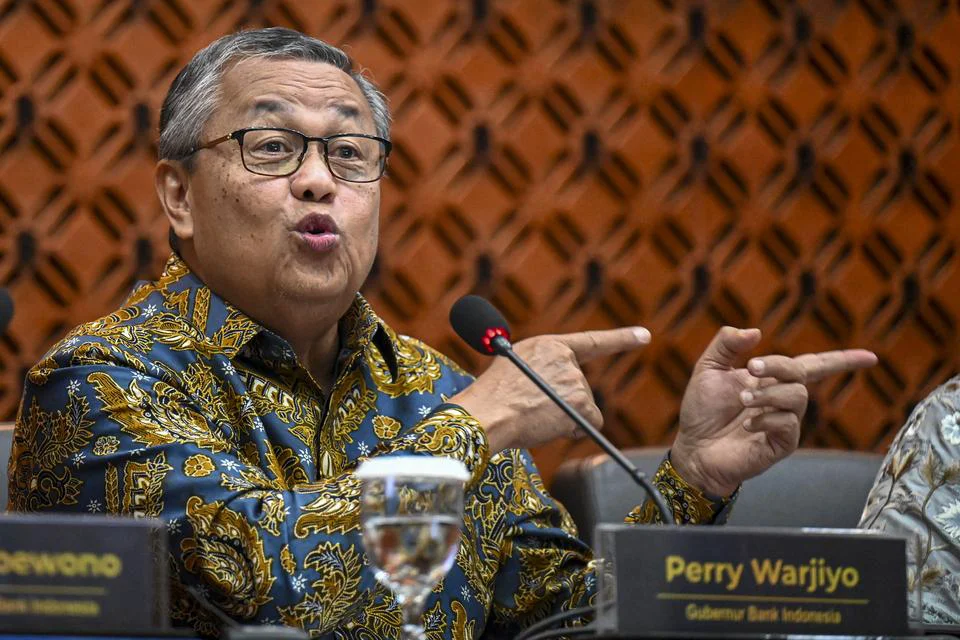Indonesian BI Governor Criticizes CEPA as a Solution for US Trade Wars
JAKARTA, RAKYAT NEWS – Bank Indonesia (BI) Governor Perry Warjiyo has voiced skepticism about the effectiveness of Comprehensive Economic Partnership Agreements (CEPA) in addressing trade wars anticipated under the presidency of Donald Trump.
He argues that direct bilateral deals with the United States would be a more suitable strategy. Perry suggests that Trump’s “America First” stance will lead to a preference for bilateral agreements over multilateral or comprehensive trade deals.
Speaking at the KAFEGAMA Seminar in Jakarta, Perry highlighted that Trump’s administration is likely to impose higher tariffs on countries with significant trade surpluses with the US, including Canada. “Dealing with the US requires direct negotiations, not through the WTO or CEPA,” Perry emphasized. He believes that multilateral agreements, such as CEPA, may not align with Trump’s trade policies.
Perry also pointed out that the US aims to achieve economic growth by increasing exports while reducing imports. He stated that Indonesia must focus on enhancing its exports to the US, even if it means maintaining a trade deficit. “As long as our exports grow, our economy will improve—even if the trade balance remains negative,” Perry said.
In contrast, Trade Minister Budi Santoso has expressed optimism about the role of CEPA in navigating Trump’s protectionist policies. He specifically pointed to the Indonesia-Canada CEPA (ICA-CEPA) as an opportunity for Indonesian products to enter North America, including the US, more easily. Budi emphasized that ICA-CEPA could act as a gateway for local goods to penetrate the US market despite the challenges posed by Trump’s policies.
“ICA-CEPA provides strategic access to North American markets, allowing us to market our products to Canada and the US more effectively,” Budi stated. He also noted that the agreement could facilitate direct exports of crude palm oil (CPO) to Canada, further strengthening Indonesia’s trade presence in the region.
Meanwhile, the Indonesian government is also advancing negotiations on another critical agreement, the Indonesia-EU CEPA (IEU-CEPA). Talks for this deal began in 2016 and have so far undergone 19 rounds of negotiations, with the latest round completed in July 2024. The agreement aims to enhance Indonesia’s market access to the European Union and promote trade diversification.
Coordinating Economic Minister Airlangga Hartarto recently announced that IEU-CEPA is in its final stages. The government has set a target to conclude negotiations by the first half of 2025. “We are committed to finalizing IEU-CEPA by mid-2025,” Airlangga said during a recent economic outlook forum in Jakarta.
This agreement is expected to play a significant role in boosting Indonesia’s trade with the EU. It reflects the government’s broader strategy to strengthen the country’s export performance and reduce its reliance on a few key markets.
While Perry Warjiyo and Budi Santoso offer contrasting views on the effectiveness of CEPA, both agree on the importance of enhancing Indonesia’s export competitiveness. As the country navigates evolving global trade dynamics, a mix of bilateral and multilateral strategies may be essential to safeguarding economic growth. (Uki Ruknuddin)


Tinggalkan Balasan Batalkan balasan